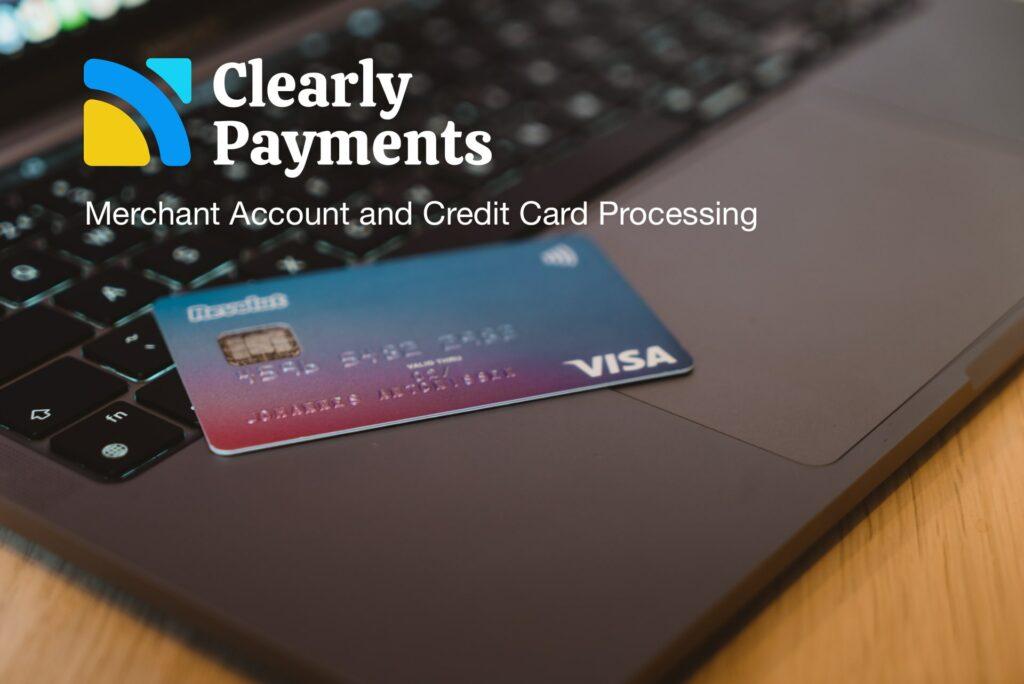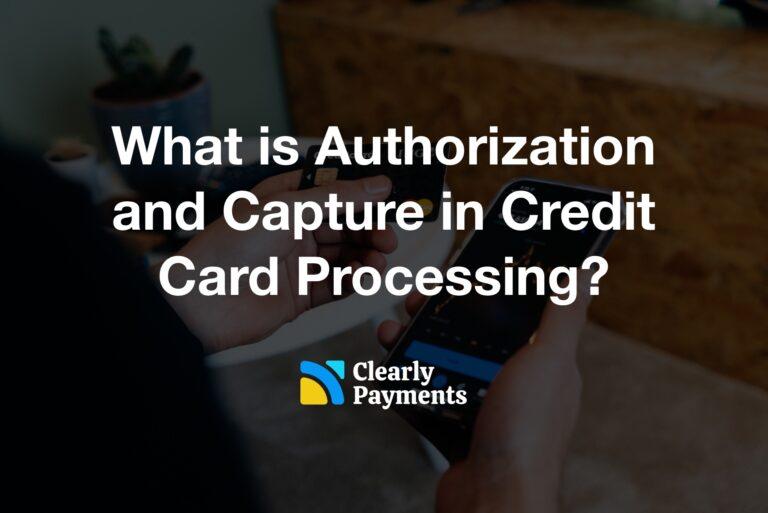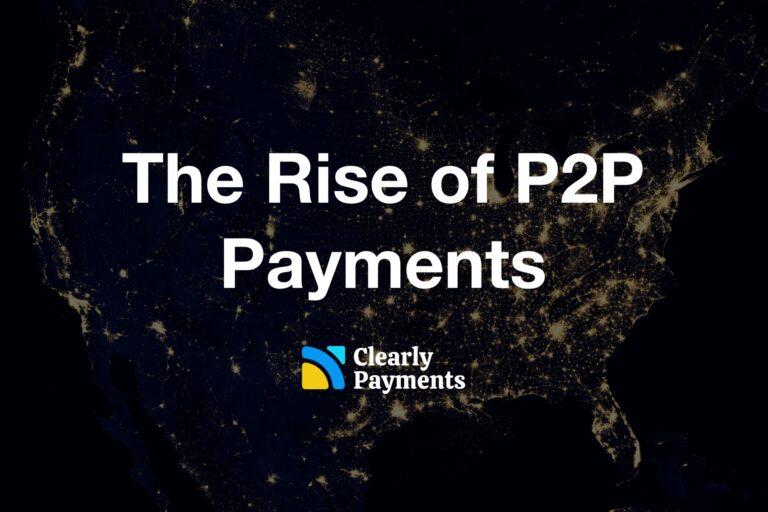People generally think that credit card processing is new but the concept was used 200 years ago in the early 1800s. Modern plastic credit cards were not used, but financial institutions provided merchant services to extend credit to merchants. That was the start of merchant accounts. Merchant were able to provide credit to their most valued customers. It is a valued service for merchants and customers which does have some costs and options.
Fees with merchant accounts
Many merchants like accepting credit cards because they are a convenient way of collecting payments from customers. There is no need to handle cash or cheques that increase trips to the bank. Deposits into your bank account are quite fast and trouble-free.
Other merchants struggle to pay the fees for credit card processing. There is a roughly 2% fee to accept credit cards. Keep in mind, merchants can make choices to minimize credit card processing fees. Many merchants are paying much more than 2%, which is something we’re working to decrease. The industry overview of credit card processing provides details on where those fees go.
Do all merchants that accept credit cards have a merchant account?
The short answer is yes. All merchants that accept credit cards have a merchant account in one way or another. Merchants can either share a merchant account or have their own. Any merchant with revenue over $100,000 per year generally has a dedicated merchant account.
Shared merchant accounts are provided by aggregators, also known as 3rd party processors or payment facilitators (payfacs). Each merchant account may have thousands of businesses. Examples of aggregators are PayPal, Stripe, or Square. Aggregators are simple and fast to sign up for. Everything is self-serve. This is why many small businesses that process below $100,000 per year use aggregators. The downfall of aggregators is that the fees are much higher if you’re a larger business, your funds have a higher likelihood of being held, and customer services levels are generally lower.
Payment processors, also known as acquirers or ISOs, provide dedicated merchant accounts to businesses. Acquirers can take a few hours to a few days to assign a dedicated merchant account. However, your rates, hardware, and software will be customized to fit your business. In addition, customer service levels are higher. TRC-Parus focuses on providing dedicated merchant accounts. It’s smart for any business with more than $100,000 per year in revenue to get a dedicated merchant account.
How to get a merchant account?
If you want to get a merchant account or switch from your existing merchant services provider, there is no shortage of companies available.
You can easily find merchant service providers by looking online or talk to your bank. The key is to choose the right provider for your business. Find one that will not lock you into a contract and understand what your effective rate will be.




